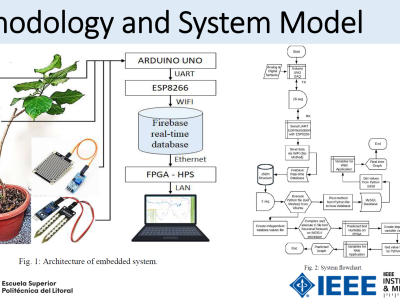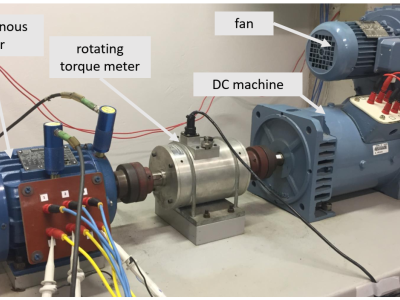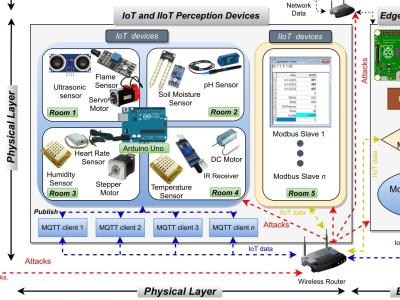stableGCN_datasets

- Citation Author(s):
-
Shiping Wang
- Submitted by:
- Shiping Wang
- Last updated:
- DOI:
- 10.21227/5axx-9t45
 35 views
35 views
- Categories:
- Keywords:
Abstract
Cora, Citeseer, and Pubmed are commonly used citation network datasets. Among these, Citeseer has the most dense features, while Pubmed has more nodes and edges.
ACM is a network of papers where each node represents a paper. In contrast to citation networks, edges connect papers that share the same authors.
Flickr serves as a social network that captures the connections between users originating from image and video hosting websites. These users are categorized into nine groups according to their personal interests.
UAI is a popular dataset used to evaluate GCNs performance on community detection tasks. It comprises a webpage citation network where nodes represent webpages gathered from various universities, with each edge indicating a citation.
Amazon-P and Amazon-C are segments of the Amazon co-purchase graph. In this graph, nodes represent products, edges denote frequent co-purchases between two products, node features are encoded product reviews using bag-of-words, and class labels correspond to product categories.
Instructions:
Cora, Citeseer, and Pubmed are commonly used citation network datasets. Among these, Citeseer has the most dense features, while Pubmed has more nodes and edges.
ACM is a network of papers where each node represents a paper. In contrast to citation networks, edges connect papers that share the same authors.
Flickr serves as a social network that captures the connections between users originating from image and video hosting websites. These users are categorized into nine groups according to their personal interests.
UAI is a popular dataset used to evaluate GCNs performance on community detection tasks. It comprises a webpage citation network where nodes represent webpages gathered from various universities, with each edge indicating a citation.
Amazon-P and Amazon-C are segments of the Amazon co-purchase graph. In this graph, nodes represent products, edges denote frequent co-purchases between two products, node features are encoded product reviews using bag-of-words, and class labels correspond to product categories.







